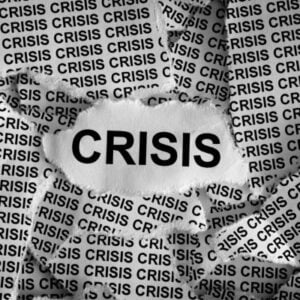African health ministers convened in Lusaka, Zambia, to open the Seventy-fifth session of the World Health Organization (WHO) Regional Committee for Africa, the continent’s highest decision-making body on health. From 25 to 27 August 2025, representatives from all 47 WHO African Region countries will discuss measures to tackle pressing health challenges and endorse key resolutions aimed at improving public health across Africa.
In his opening remarks, Zambian President Hakainde Hichilema highlighted lessons from the COVID-19 pandemic, emphasizing the need to strengthen health diplomacy, address inequalities, and position health as a driver of regional trade and industrialization. He called for collaboration and a commitment to humanity to enhance health and well-being across the continent. Zambian Minister of Health Dr Elijah Muchima stressed the importance of united action, sharing best practices, harnessing African expertise, and building long-term resilience to confront complex health threats collectively.
WHO Director-General Dr Tedros Adhanom Ghebreyesus noted that the session comes at a critical moment for Africa, underlining WHO’s support to member states in building robust, self-reliant national health systems capable of delivering health for all. WHO Regional Director for Africa, Dr Mohamed Janabi, reinforced the need for accountable, transparent, and responsive health systems that place people—especially the most vulnerable—at the center of policies and programs, framing health as a cornerstone of prosperity rather than a cost.
Over the three-day session, ministers will address priority issues including fast-tracking progress on oral health, modernizing blood supply systems to prevent chronic shortages, and expanding rehabilitation services for the two-thirds of Africans currently without access. Strategies will also target maternal, child, and adolescent care, malaria prevention, and closing the continent’s health workforce gap, which remains below half the global standard. Health security and crisis preparedness will be reviewed in light of over 250 public health events recorded in Africa in 2024.
Decisions made at the Lusaka meeting are expected to set the agenda for Africa’s health landscape, paving the way for stronger systems, healthier communities, and a more resilient and equitable continent.







